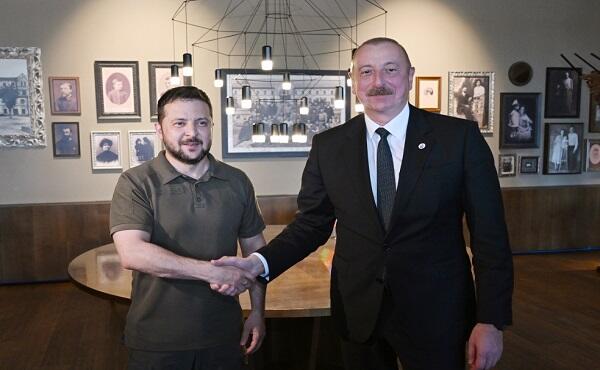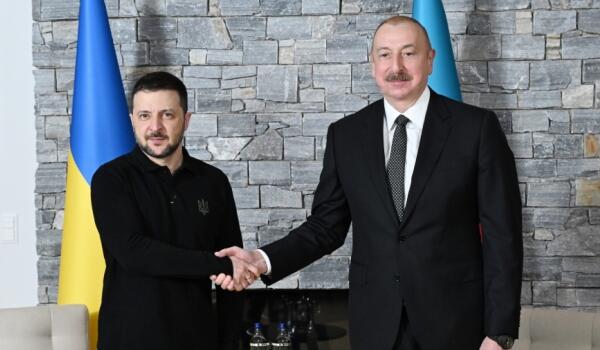European Commission President Jean-Claude Juncker called
on Thursday for clarity from Donald Trump on issues such as global
trade, climate policy and future relations with NATO allies
following his U.S. victory in the presidential
election.
During the election campaign, Trump, a billionaire businessman
who has never held public office, strongly criticized free trade,
NATO and policies designed to halt global warming, rattling
Washington's allies and trade partners.
"We would like to know how things will proceed with global trade
policy," Juncker said at a business event in Berlin.
"We would like to know what intentions he has regarding the
(NATO) alliance. We must know what climate policies he intends to
pursue. This must be cleared up in the next few months."
Juncker said he did not expect the trade deal between the United
States and the European Union, currently being negotiated, to be
finalised this year as previously planned.
"The trade deal with the United States, I do not view that as
something that would happen in the next two years," he said.
Juncker, speaking in the German capital, also said on Thursday
the EU's Stability and Growth Pact which sets rules on reducing
public debt and budget deficits had to be flexible.
"Flexibility does not mean a departure for stability but an
intelligent application of our common system of rules," he
said.
Juncker said he understood Italy's position after the Commission
forecast on Wednesday that Rome would break EU rules on budget
deficit and public debt reduction this year and next.
Rome says the higher structural deficit is due to extraordinary
spending on migration and post-earthquake reconstruction.
Juncker had said on Wednesday that the Commission must judge a
country according to its problems and that in this situation the
EU's place was "at Italy's side and not against it".
Juncker urged restraint in criticism of the European Central
Bank’s monetary policy and accused German politicians - many of
whom frequently make verbal attacks on the bank's ultra-loose
monetary policy - of applying double standards.
Juncker said former German finance minister Theo Waigel had in
the 1990s told other EU states not to criticize the bank.
"Now, the European Central Bank is not exactly doing what many
Germans want and now criticism of the ECB is allowed," Juncker
said. "I’m in favor of discussing monetary policy in an
argumentative manner, but this cannot happen depending on how one
feels. This has to be consistent."
Addressing the rise of euroscepticism across the EU that was
highlighted by Britain's vote in June to leave the bloc, Juncker
said the European Commission had in the past "stuck its nose" into
too many details of people's lives.
"There is now a draft for an EU directive, which I stopped,
about the height of heels of female hairdressers all over Europe,"
Juncker said. "So I stopped that and now I have a row with the
European labor unions."
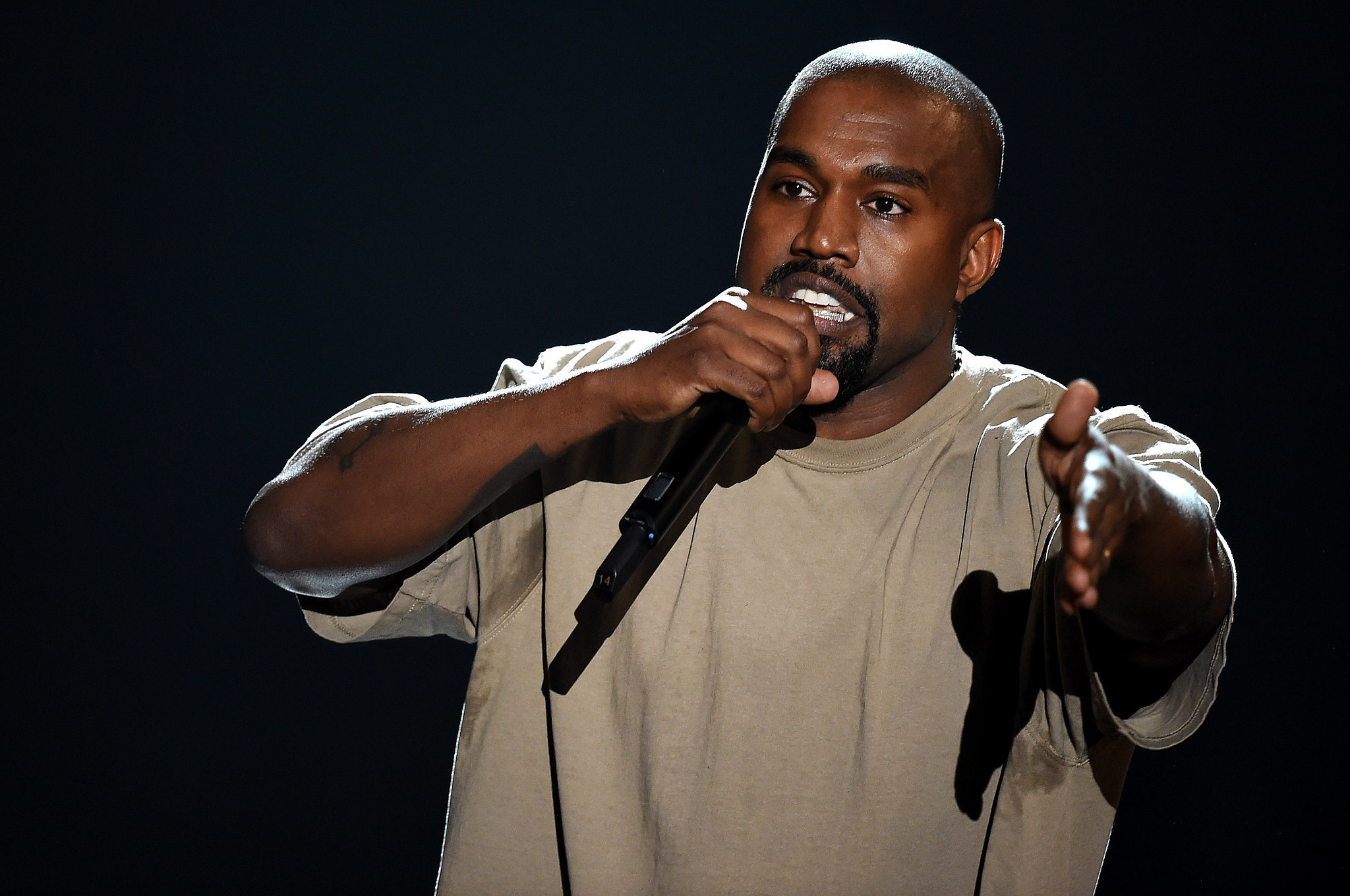


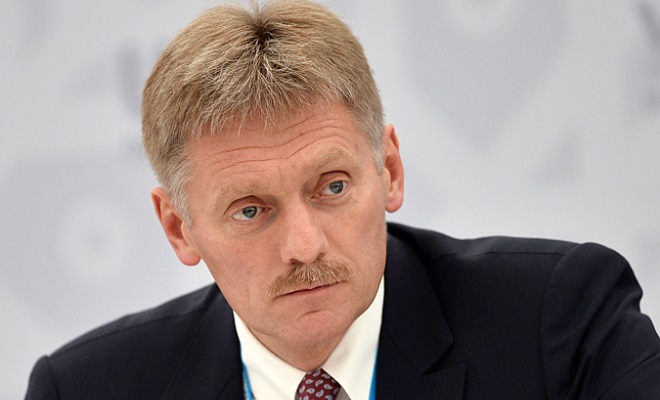






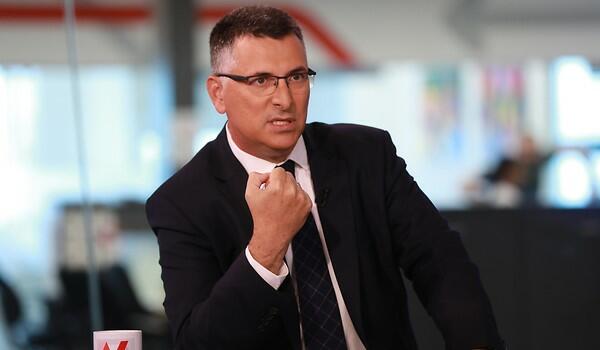
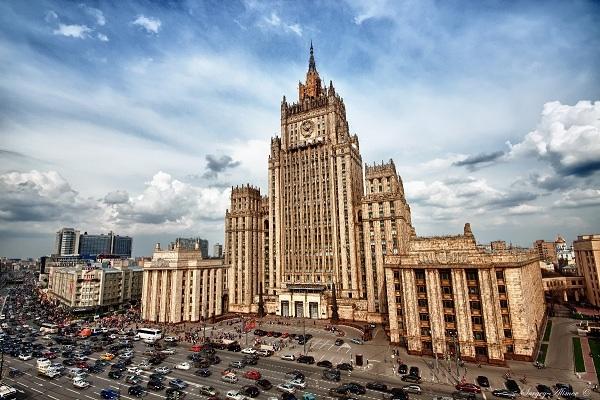


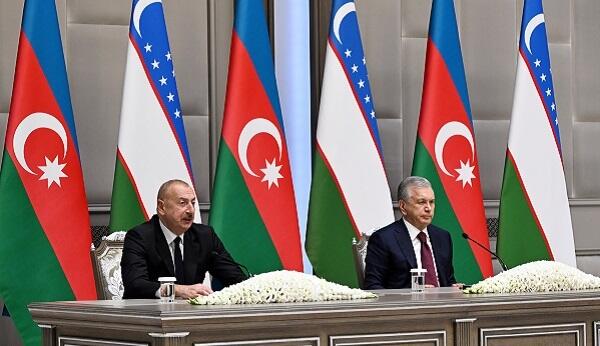
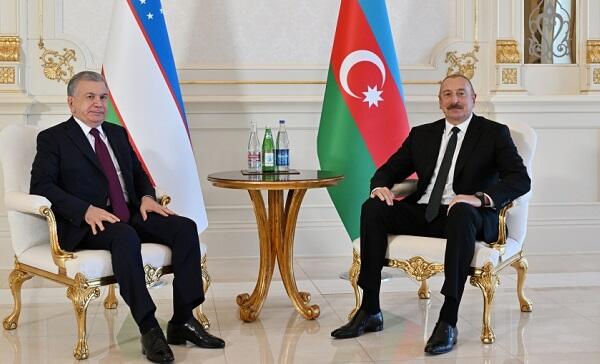
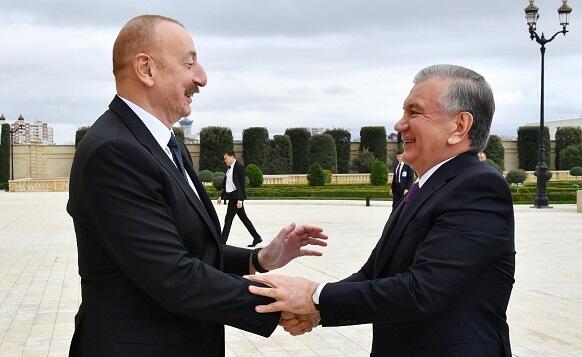
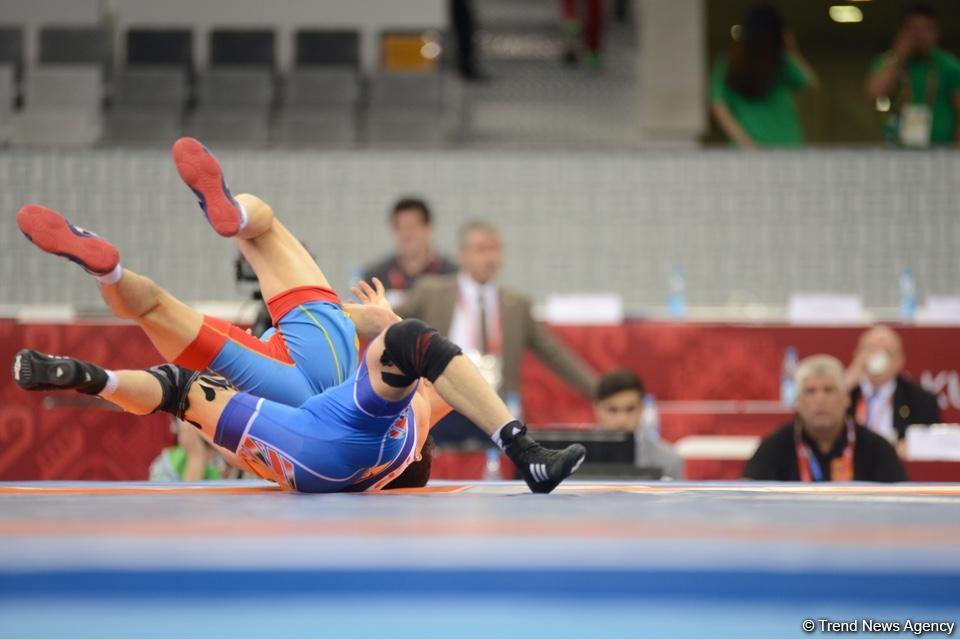
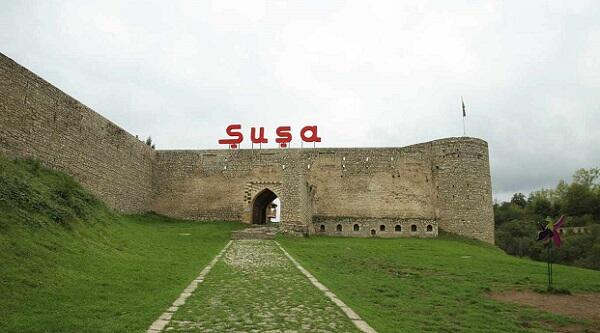
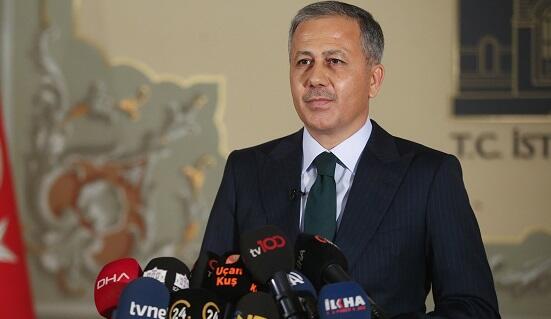

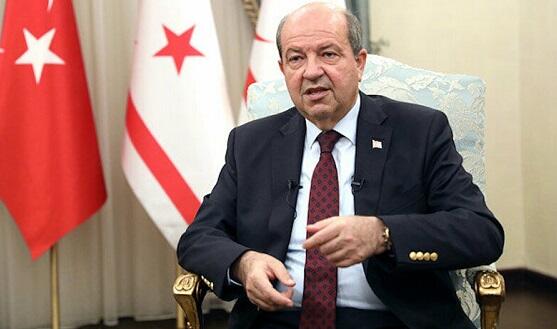




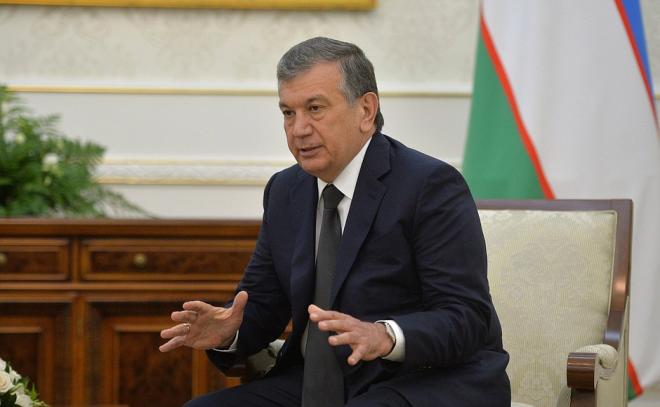









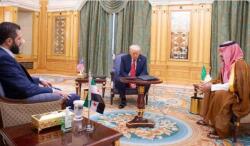

.jpg)





